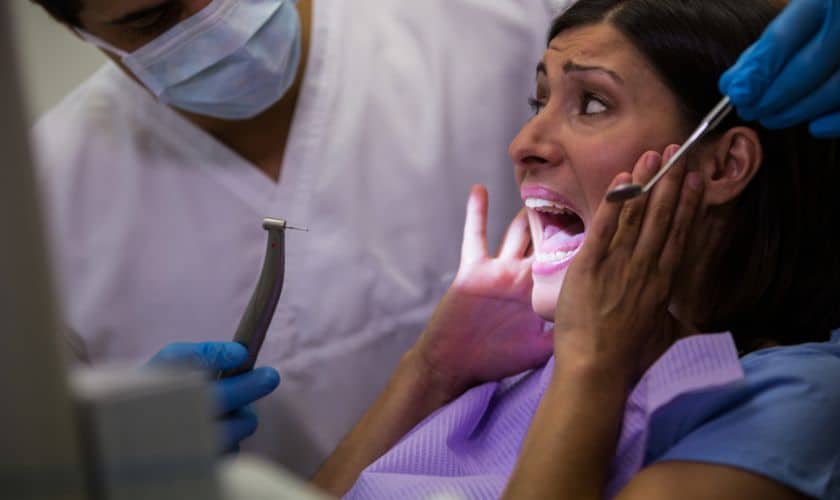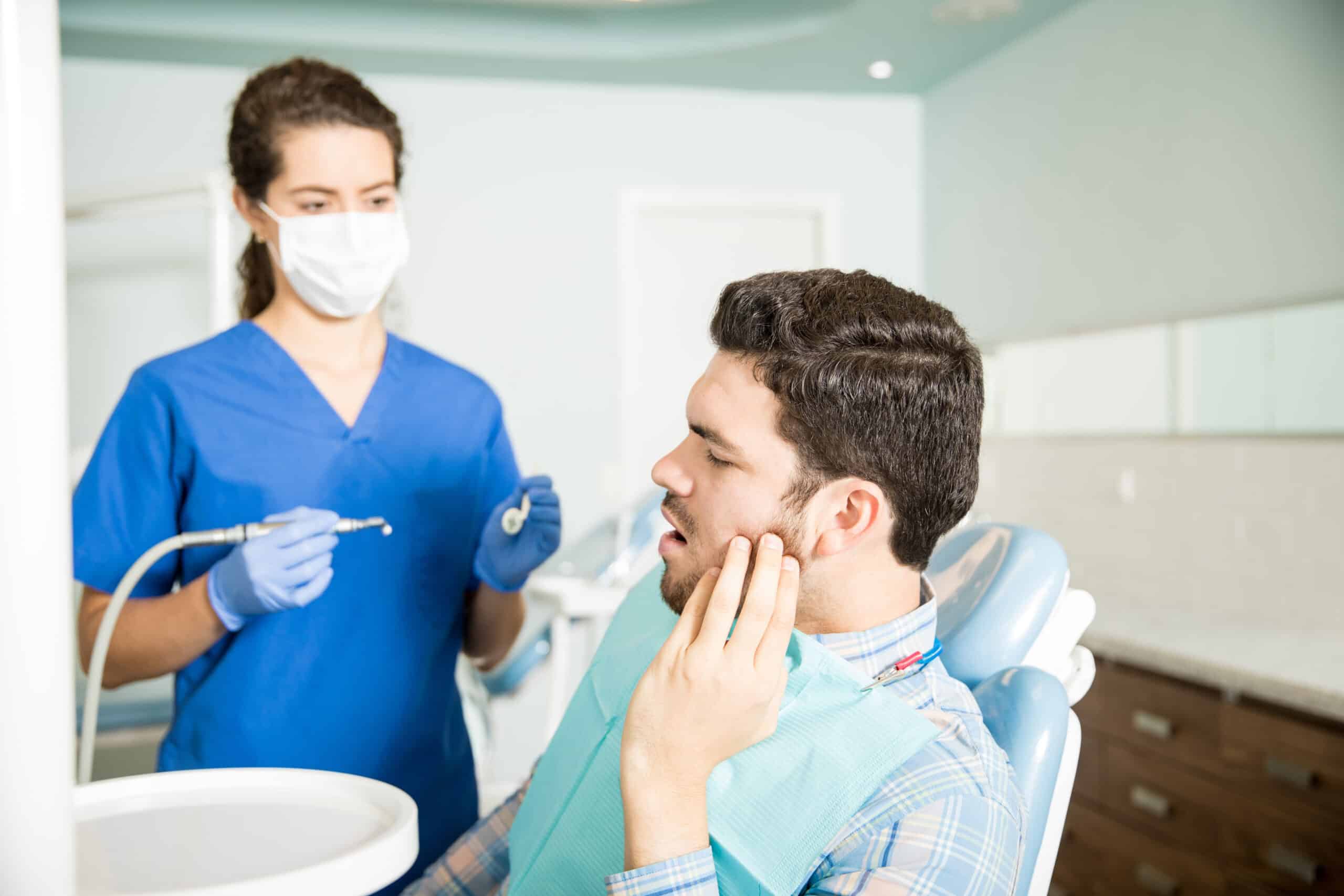
Dental Emergency 101: Recognize the Signs
We all know that a toothache can be a real pain, but how do you know when it’s time to seek help from a dental professional? Unfortunately, the signs and symptoms of a dental emergency can be confusing and scary, leaving many people unsure of what to do. But don’t worry – we’ve got you covered! In this blog post, we’ll break down the warning signs that indicate it’s time to seek immediate dental care. Then, from severe pain to broken teeth, we’ll explore everything you need to know about identifying and responding quickly to a dental emergency. So sit back, relax (if you can), and let’s dive in!
What is a Dental Emergency?
- When it comes to teeth, it’s important to know when a dental emergency is happening. It can help you avoid serious and potentially permanent damage to your smile.
- A dental emergency is any situation that requires immediate attention from a dental professional. It can include a tooth knocked out, a cracked or broken tooth, or an object stuck between your teeth. If you are experiencing any of these issues, seeking help right away is important.
- A delay in getting treatment for a dental emergency can result in more extensive damage to your teeth and gums. It can also lead to infection and other complications. That’s why seeking help immediately is important if you are experiencing a dental emergency.

Common Symptoms of a Dental Emergency
A few common symptoms indicate you may be experiencing a dental emergency and should seek professional help. These include:
- Tooth pain that is severe and constant
- A tooth that has been knocked out
- A cracked or broken tooth
- excessive bleeding from the mouth
If you are experiencing any of these symptoms, it is important to seek help from a dentist or other medical professional as soon as possible.
When Should You Seek Help?
When it comes to dental emergencies, it’s important to know when to seek help. It can be tricky, as some symptoms may not be immediately apparent, and others may seem like they can wait. However, it’s always better to err on the side of caution and seek professional help whenever you’re unsure.
Some common signs that you may need to see a dentist include:
- Persistent tooth pain that doesn’t go away with over-the-counter pain medication
- Sensitivity to hot or cold temperatures that lingers long after exposure
- A cracked or chipped tooth
- A loose tooth
- Bleeding from the gums or mouth
Common Causes of Dental Emergencies
- There are several common causes of dental emergencies. The most common cause is infection. It can happen when bacteria get into the tooth or gums and start to multiply. Infections can also occur after an injury to the mouth, such as a cracked tooth or a cut on the gums.
- Other common causes of dental emergencies include tooth decay, gum disease, and oral cancer. Tooth decay happens when acids eat away at the enamel of the tooth. Gum disease is an infection of the gums that can lead to tooth loss. Oral cancer can occur in any part of the mouth, including the mouth’s tongue, lips, cheeks, and roof.
- If you think you may be experiencing a dental emergency, it’s important to seek help right away. Emergency dental care can help prevent further damage to your teeth and gums and ensure you get the treatment you need.
Treatment Options for Dental Emergencies
If you experience a dental emergency, seeking help as soon as possible is important. Several treatment options are available for dental emergencies, and the best option for you will depend on the situation.
- One common treatment option for dental emergencies is a root canal. This procedure is used to treat an infection that has reached the root of a tooth. The infected tissue is removed in a root canal, and the area is cleaned and sealed.
- Another treatment option for dental emergencies is extraction. This procedure is used when a tooth cannot be saved. The tooth is removed from its socket in the jawbone during an extraction.
- If you have a dental emergency, seeking help from a qualified dentist or other medical professional is important as soon as possible. Prompt treatment can help to prevent further damage to your teeth and gums and ensure that you maintain good oral health.
Source: FOX 2 St. Louis
Prevention Tips to Avoid Dental Emergencies
The best way to avoid a dental emergency is to practice preventive care. Here are some tips to help you avoid dental emergencies:
- Brush your teeth at least twice a day with fluoride toothpaste.
- Floss daily.
- Visit your dentist regularly for professional cleanings and checkups.
- Wear a mouthguard if you play sports.
- Avoid chewing on hard objects, such as ice or hard candy.
- Be cautious when using your teeth to open packaging or tear off tags.
Dental emergencies can be scary and painful, but knowing the signs and symptoms of a dental emergency is vital when seeking help. By recognizing the potential dental problems you may face, you can take steps to prevent them from becoming worse or requiring more intensive treatment. If you have questions about your oral health or are experiencing symptoms that could indicate a dental emergency, contact your dentist immediately for advice and treatment as soon as possible.




